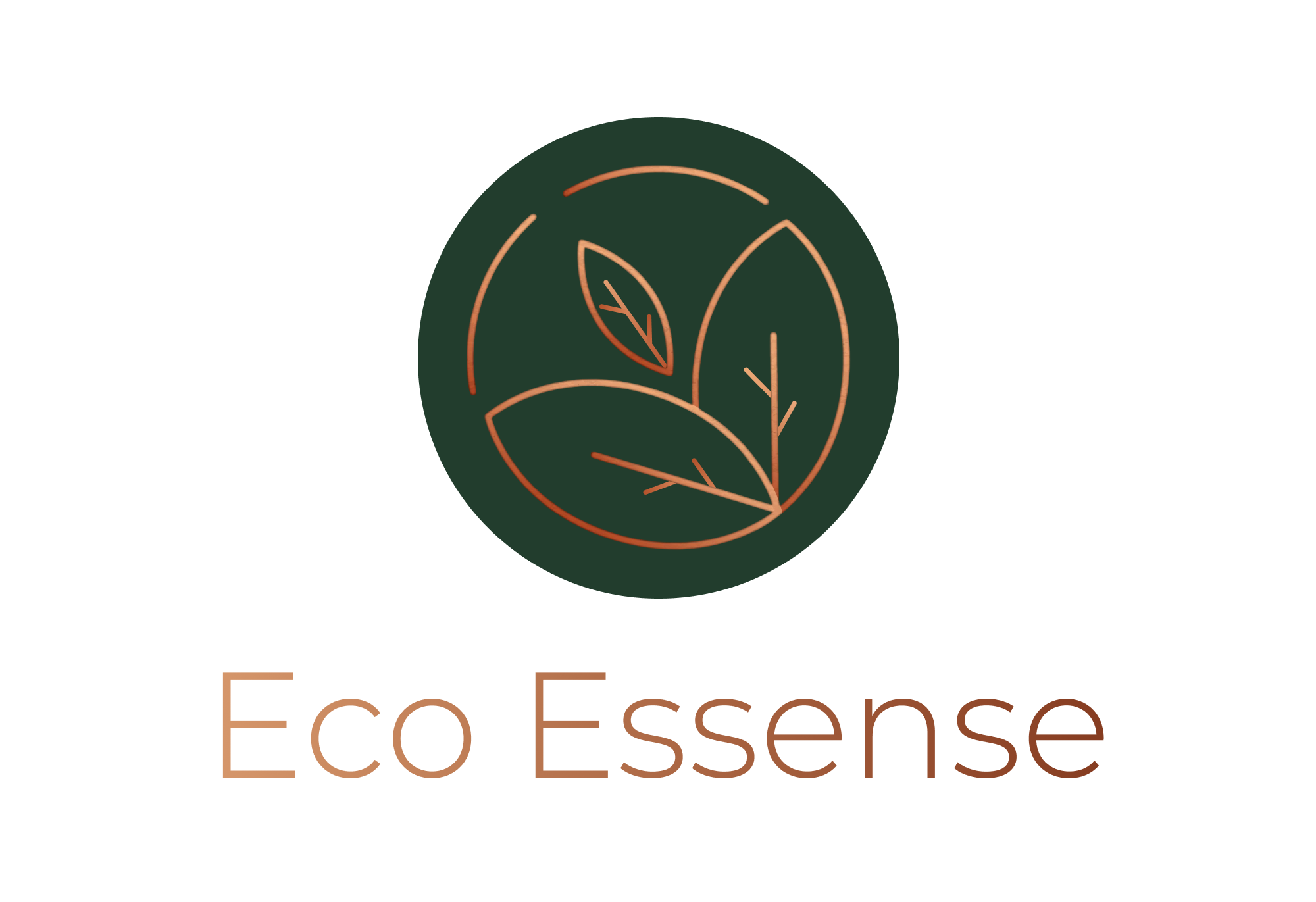
Plastic products have become an inescapable part of our modern lives, from packaging and single-use items to long-lasting goods. Their affordability, durability, and versatility have made them ubiquitous. However, their environmental costs are now undeniable. Plastics are derived from fossil fuels, and their production process emits substantial greenhouse gases, exacerbating climate change. Moreover, plastics are often non-biodegradable, meaning they persist in the environment for centuries, gradually disintegrating into microplastics that contaminate soil, water, and even the air we breathe.
in the breakdown, release harmful chemicals like BPA and phthalates, linked to health issues like hormone disruption, developmental problems, and even cancer. Microplastics have been detected in human blood, organs, and tissues, though their long-term effects are still being investigated. Beyond physical health, plastic pollution incurs substantial social costs, particularly affecting lower-income communities that bear the brunt of environmental degradation and waste mismanagement.
Where do we fit in to make a contribution?
Eco Products vs. Plastic: Why We Opt for Sustainable Materials like Sabai Grass, Bamboo, Coconut Shells, and Cactus Leather
The detrimental impact of plastic on our planet is a significant reason why we advocate for eco-friendly products. Unlike natural materials, plastic can take hundreds of years to decompose, and during its breakdown, it releases toxic chemicals and microplastics into the environment. Our products, made from renewable and biodegradable materials such as Sabai grass, bamboo, coconut shells, and cactus leather, are designed to be both functional and environmentally responsible. These materials are sustainably harvested, ensuring that our products contribute positively to the planet.
Materials such as Sabai grass and bamboo exhibit rapid growth and abundant availability, rendering them ideal renewable resources. In contrast, plastics necessitate fossil fuels and intensive manufacturing processes, whereas these natural materials require minimal processing. Bamboo, for instance, is widely recognized as a “green” material due to its rapid regeneration, carbon sequestration capabilities, and oxygen production surpassing other plants. By opting for bamboo and Sabai grass products, we diminish the demand for plastics and synthetic alternatives, thereby contributing to a circular economy and mitigating our environmental footprint.
-
Bamboo Earbuds Set of 2 (300 Stubs)
₹399.00Original price was: ₹399.00.₹299.00Current price is: ₹299.00. Add to cart -
Reusable Eco-Friendly Steel Straws
₹249.00Original price was: ₹249.00.₹160.00Current price is: ₹160.00. Add to cart -
Eco Essense Soy Wax Candles – Orange & Pepper
₹550.00Original price was: ₹550.00.₹249.00Current price is: ₹249.00. Add to cart -
Ecoessense Coconut Shell Three Bowl Serving Set + 3 Spoons | Perfect for Nuts, Dips, Sauces, or Snacks (Set of 1)
₹599.00Original price was: ₹599.00.₹449.00Current price is: ₹449.00. Add to cart -
Kids meal bowls set of 3
₹990.00Original price was: ₹990.00.₹699.00Current price is: ₹699.00. Add to cart -
Coconut Shell Coir Pump Hand Wash Dispenser – Stylish Accessory
₹900.00Original price was: ₹900.00.₹579.00Current price is: ₹579.00. Add to cart -
Coconut Shell Dog Bowl – Handcrafted & Sustainable
₹330.00Original price was: ₹330.00.₹259.00Current price is: ₹259.00. Add to cart -
Exotic Rose Petal Essence Candle
₹550.00Original price was: ₹550.00.₹249.00Current price is: ₹249.00. Add to cart











